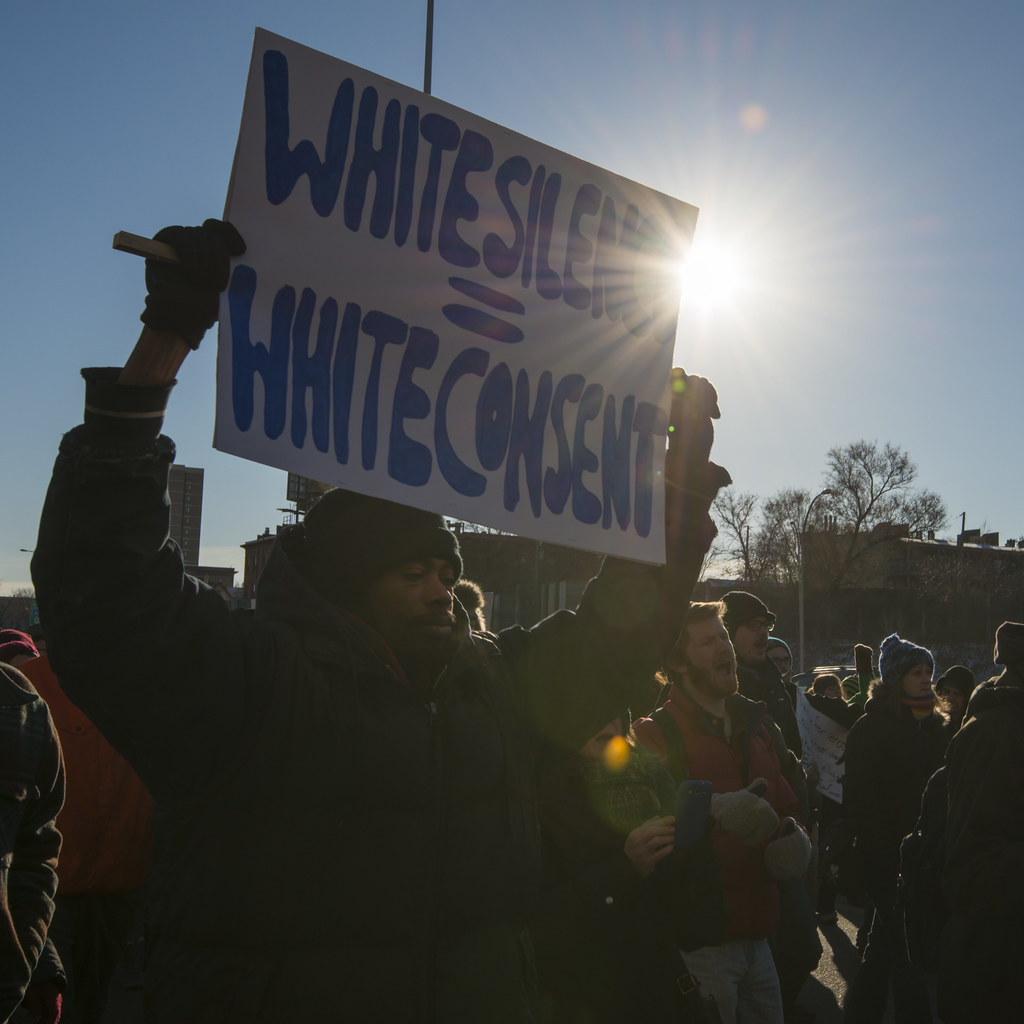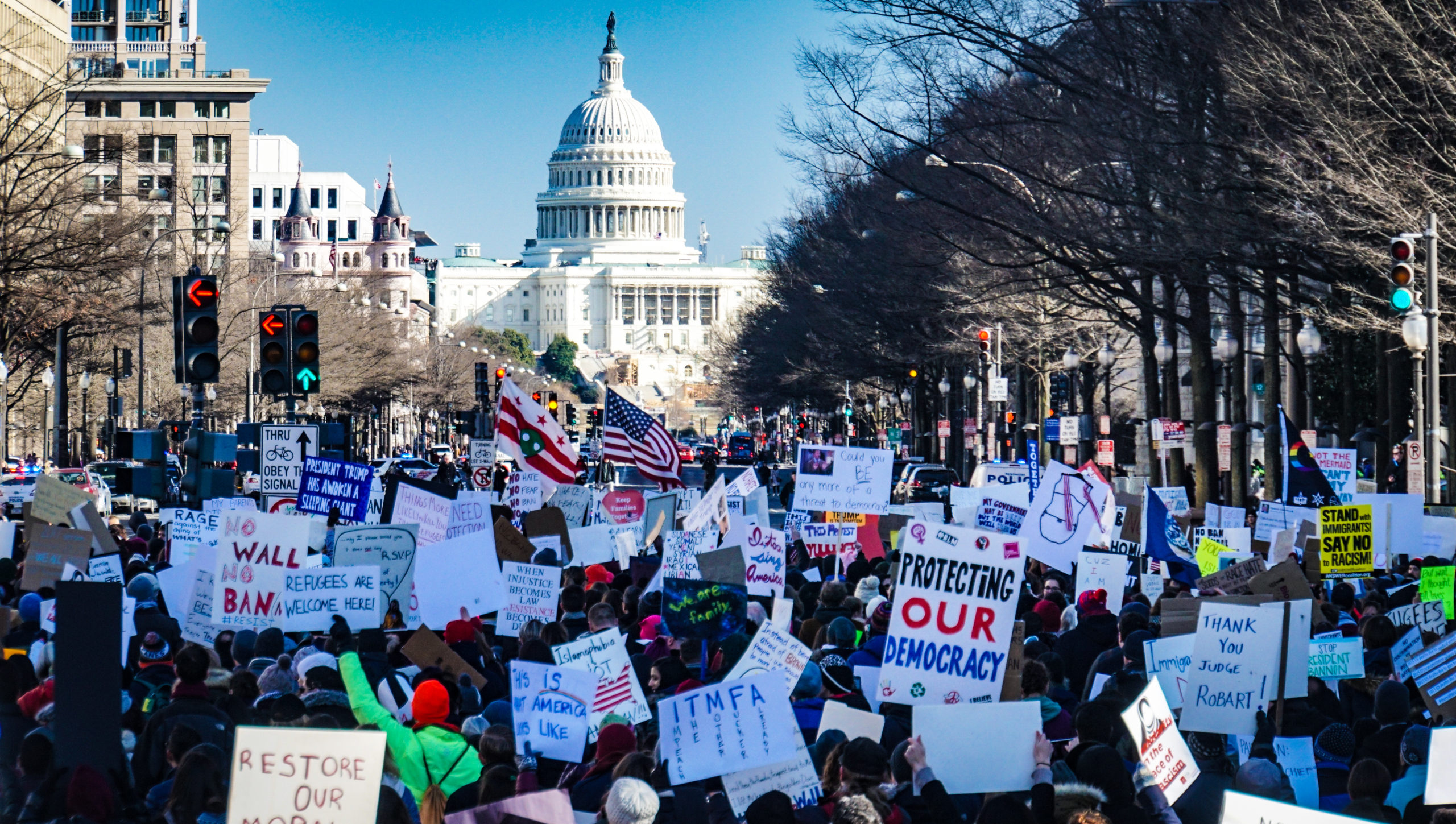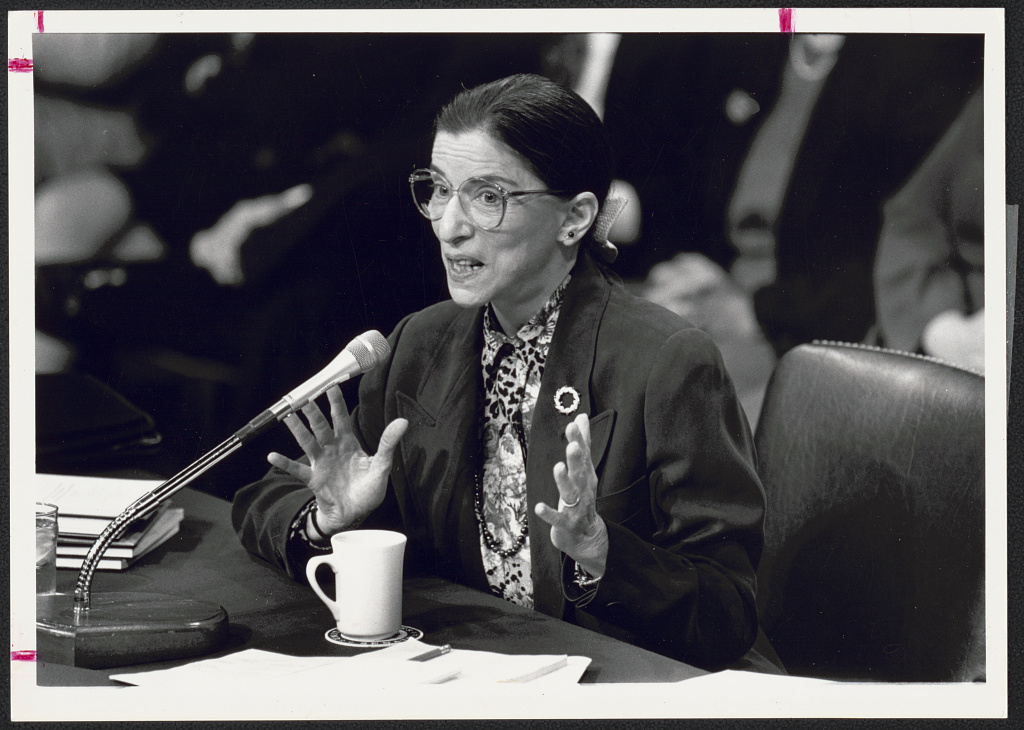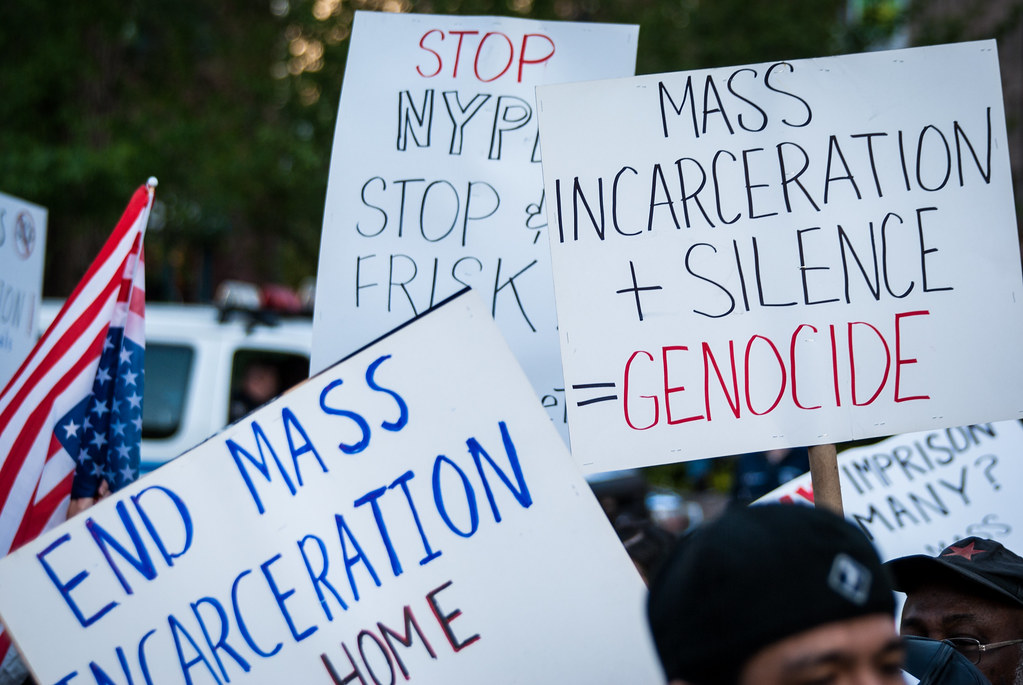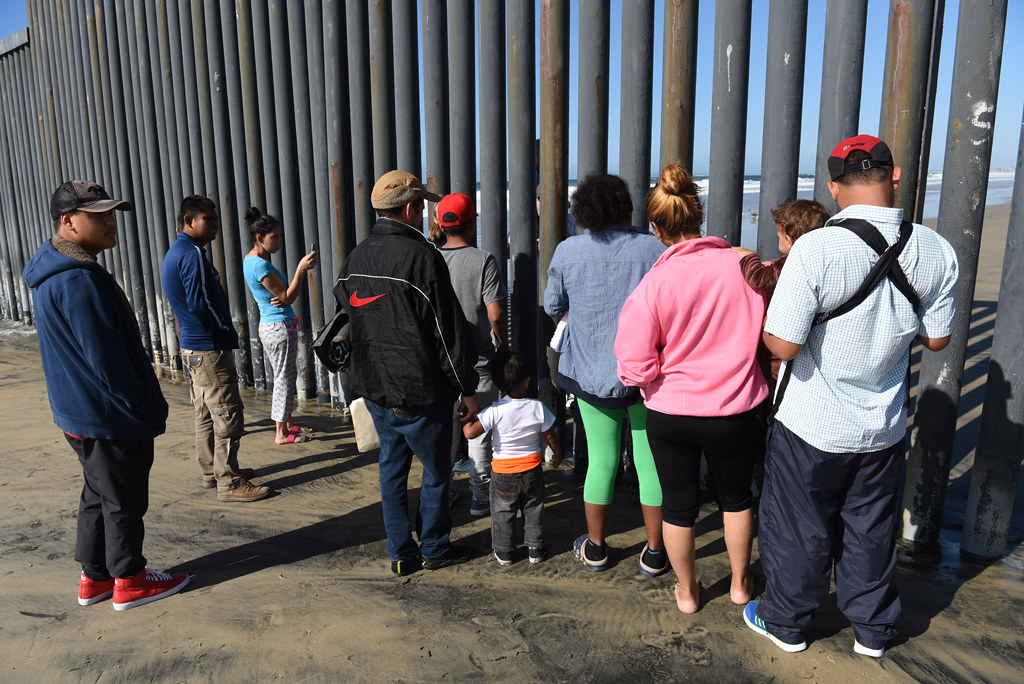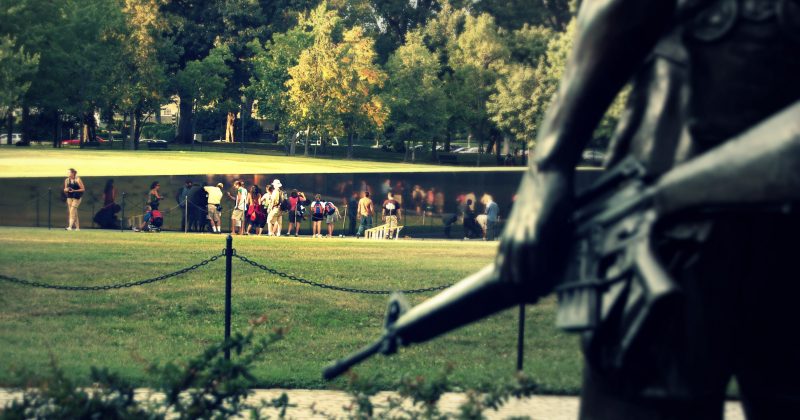
Establishing Justice in U.S. Veteran Disability Claims
By Guest Writer Nicholas Sweitzer
Ex-servicemembers of the United States are routinely being denied fundamental human rights by their federal government, despite their honorable service for the common national defense. In the 2020 census, the U.S. Government estimated the veteran population to be roughly 19.4 million, meaning this demographic is anywhere between 6.4% to 7.5% of the American adult population. Tragically, all stages of the disability-related claims process have become increasingly difficult for United States Veterans. For 33 years, The U.S. Department of Veterans Affairs, a government agency overseeing the benefits and healthcare for ex-servicemembers and the family members that survive them, has fundamentally neglected their duty of care and eroded the very social contract the United States was constituted on. Several structural issues in the claims process lead the nation’s protectors down a tumultuous path for compensation, reconciliation, and justice.
In the wake of the COVID-19 pandemic, the Department temporarily closed its 56 regional offices to the public, sites where veterans...

